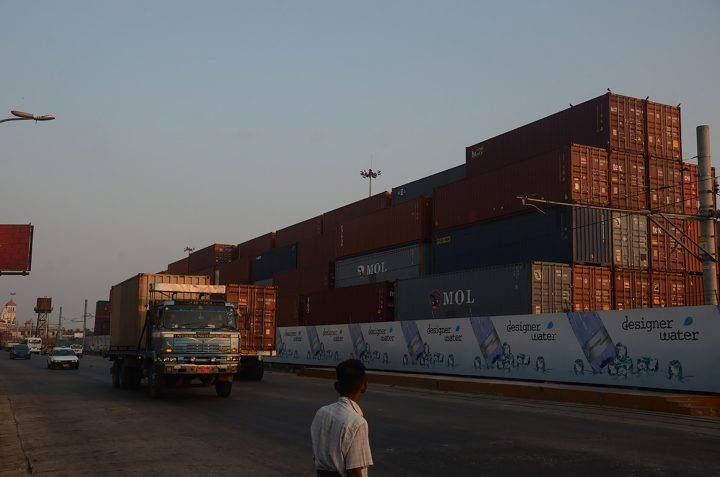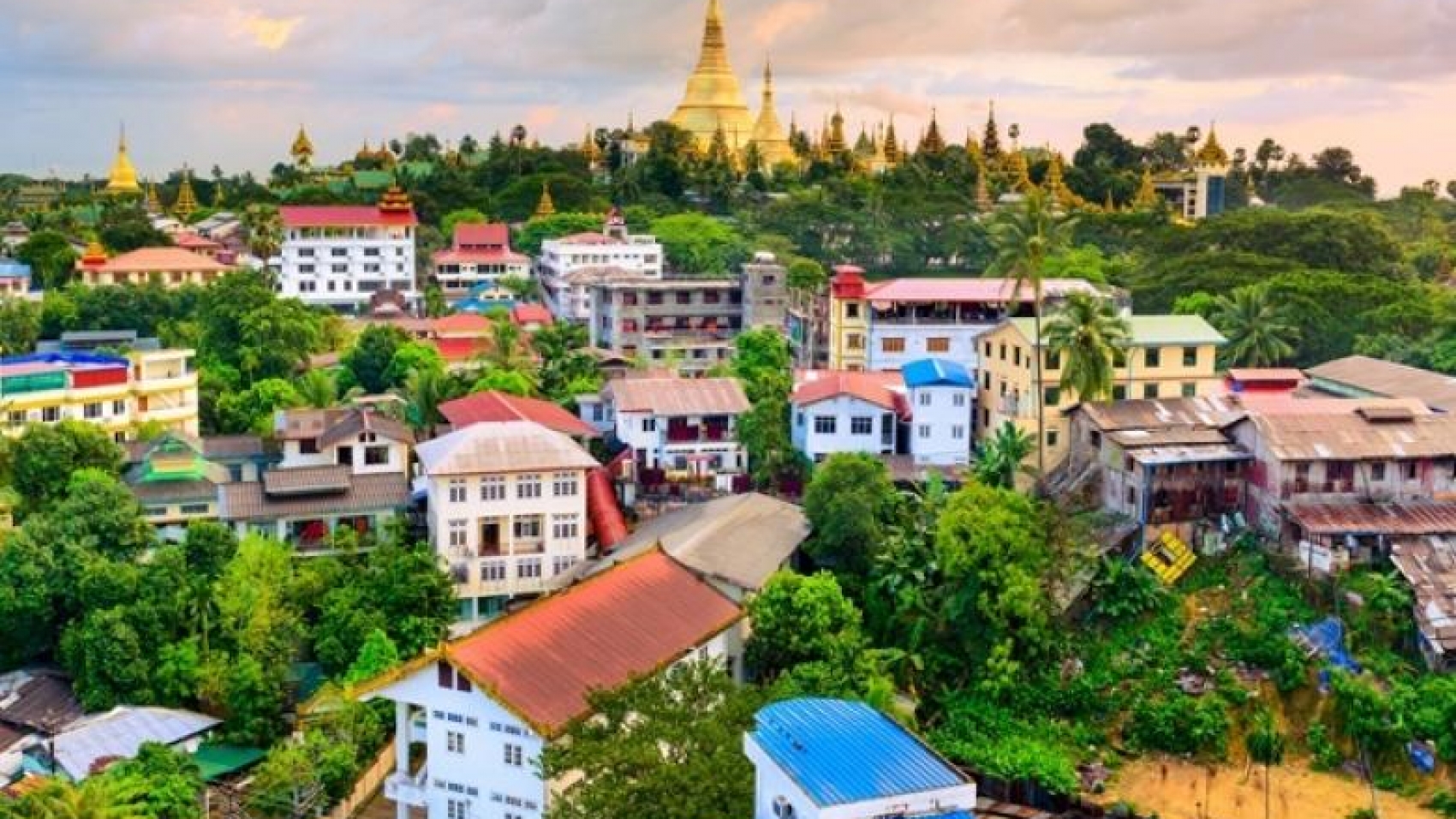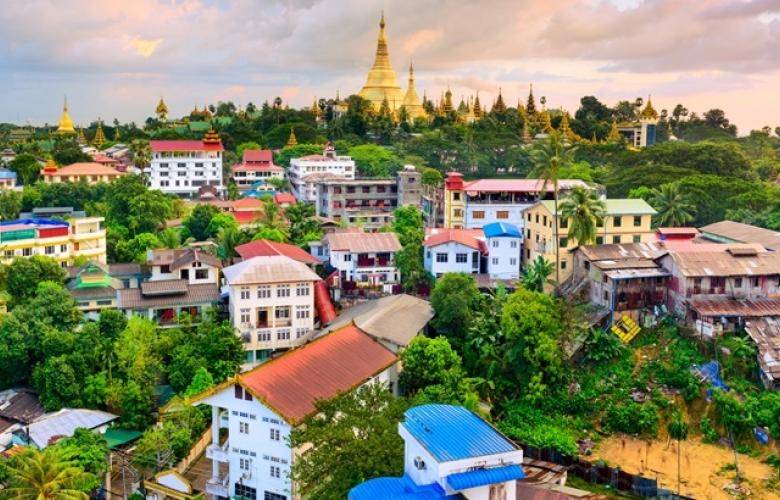Domestic investments by Myanmar citizens approved by the region and state investment committees have reached K184.9 billion and US$32.195 million over the past 11 months of the 2019-2020 financial year since October, according to the statistics released by the Directorate of Investment and Company Administration (DICA). Between 1 October and 4 September in the current FY, the relevant region and state investment committees gave the green light to 67 local enterprises to invest in various sectors.
As of 4 September, Ayeyawady Region Investment Committee cleared 13 businesses, allowing an estimated capital of US$3.428 million and K41.26 billion, while Yangon Region Investment Committee gave the go-ahead to 12 enterprises with $5.886 million and K26 billion, Taninthayi to 10 projects with $10.5 million and K40.48 billion, Sagaing to eight enterprises with $2.344 million and K12 billion, Mon to five businesses with $4.328 million and K13.6 billion, Kayah to four enterprises with K8.2 billion, Mandalay to three enterprises with $2.957 million and K12.14 billion, Nay Pyi Taw Council to two businesses with $1.634 million and K6.147 billion, Chin to two enterprises with $0.17 million and K2.535 billion, Bago to two enterprises with K5.265 billion, Shan to two projects with K5.67 billion, Kayin to one enterprise with $0.7 million and K5.6 billion, Magway Region to one with $0.042 million and K2.5 billion, Rakhine to one with $0.192 million and K2.499 billion, Kachin to one with K965 million respectively.
The domestic investments are flowing into the executing manufacturing, hotels and tourism, other services, electricity, agriculture, real estate development and mining sectors. Of them, manufacturing sector pulls the most massive investments, followed by hotel and tourism and other service sectors. To simplify the verification of investment projects, the Myanmar Investment Law allows the region and state Investment Committees to endorse local and foreign proposals, where the initial investment does not exceed K6 billion, or $5 million.
While some projects no longer need MIC approval, businesses that are strategic to the government require the permit from the commission. Besides, those businesses that have large capital investments exceeding $5 million and that may have a possible impact on the environment and the local community need to be approved by the DICA’s proposal assessment team and the relevant ministries. With a fast-track way to set up a business in Myanmar having been introduced, investors can apply to the MIC or the state and regional Investment Committees to get their investment proposals endorsed, depending on the business type.
Source: The Global New Light of Myanmar



